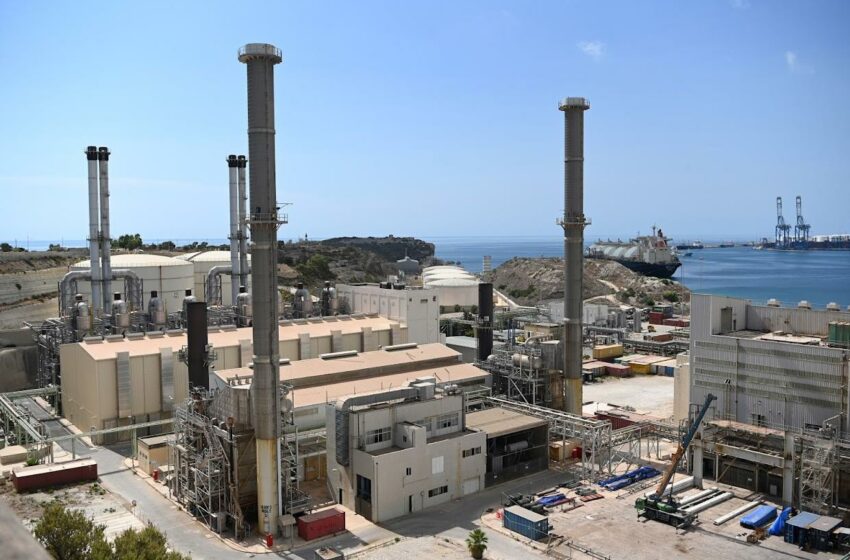The court rejects the Electrogas breach of rights case, citing alternative remedies available!

Court Declines Electrogas Breach of Rights Case, Suggests Other Remedies Available
In a significant development, the court has refused to intervene in the breach of rights case filed by 47 civil society activists seeking to annul the government’s deal with Electrogas. The court emphasized the existence of alternative legal avenues that could adequately address the concerns raised by the applicants.
The lawsuit was initiated two years ago before the constitutional court by the activists, who argued that the government’s agreement with Electrogas for the construction and operation of a new power station involved fraudulent practices, ultimately violating consumers’ fundamental rights.
The applicants directed their legal action against the State Advocate, Enemalta plc, and ARMS Ltd. They highlighted their status as consumers, forced to rely on Enemalta for essential water and electricity services due to an “absolute monopoly” in the market.
They further alleged that unjust pricing was imposed upon them through an “additional layer” introduced between fuel supplier Socar SA and Enemalta. This deal was believed to favor private interests over national and public interests, as highlighted in a 2018 report by the Auditor General.
However, the First Hall, Civil Court in its constitutional jurisdiction, presided over by Mr Justice Grazio Mercieca, dismissed their claims. The court concluded that other ordinary legal procedures provided effective and adequate remedies, stating that if the State already offered a suitable solution through ordinary laws, fundamental rights would not be violated.
While acknowledging the court’s role as the sole authority to address alleged breaches of rights, Mr Justice Mercieca emphasized that granting a remedy was not automatic. He stressed the court’s discretion and the availability of other mechanisms that could rectify the damage caused.
In this case, the court highlighted two significant ordinary remedies. Firstly, the Regulator for Energy and Water Services possessed broad powers to address consumer complaints and provide appropriate remedies. Additionally, the Civil Code introduced provisions allowing individuals to sue for damages arising from corruption, presenting a comprehensive solution to the applicants’ grievances.
By acknowledging these alternative remedies, the court firmly upheld its responsibility as a guardian of fundamental human rights while ensuring the efficiency and effectiveness of legal proceedings.
Stay tuned for further updates on this important legal development.



